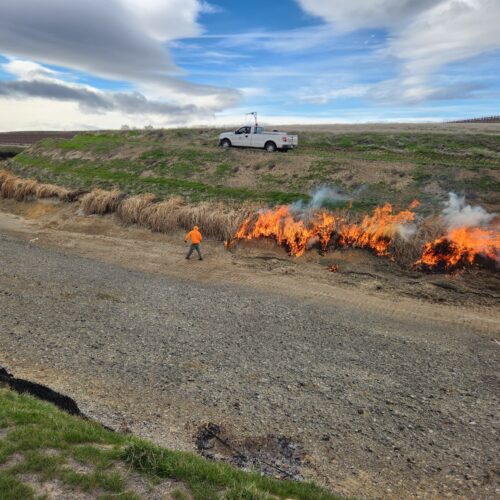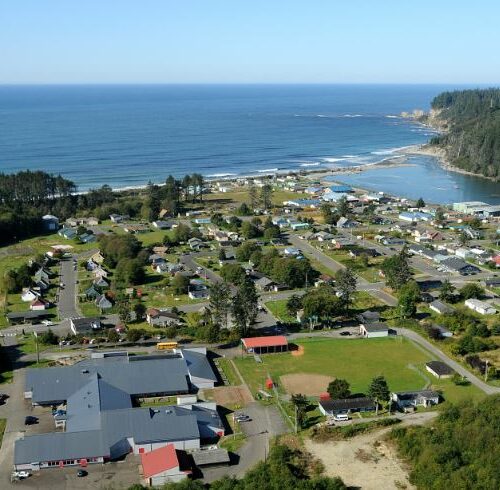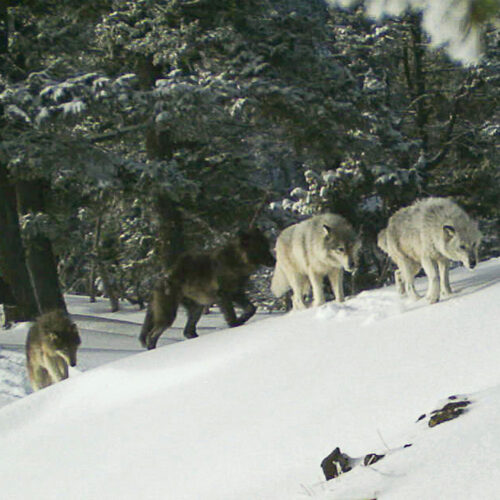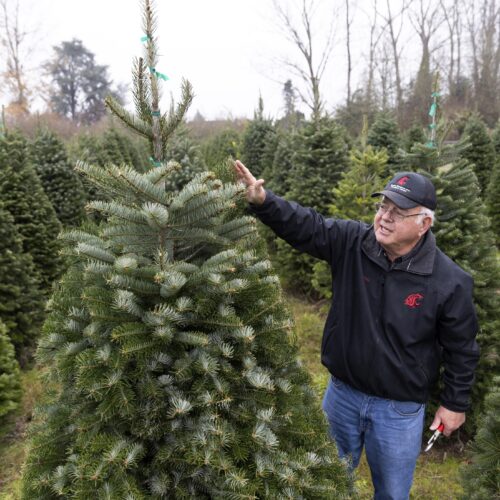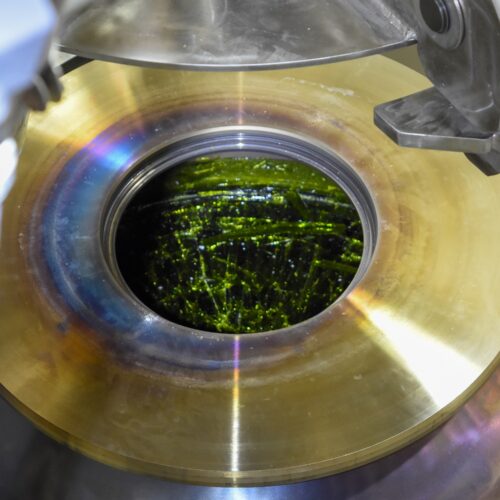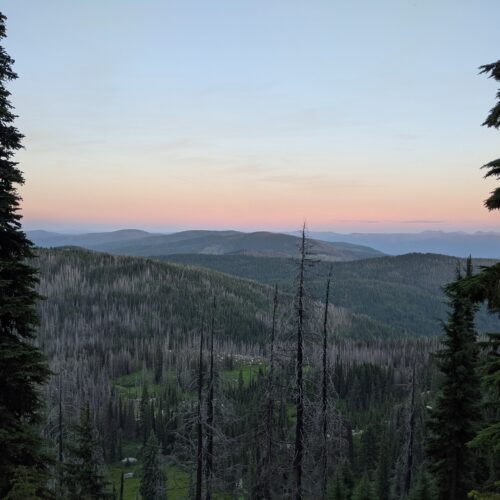Environment
Environment
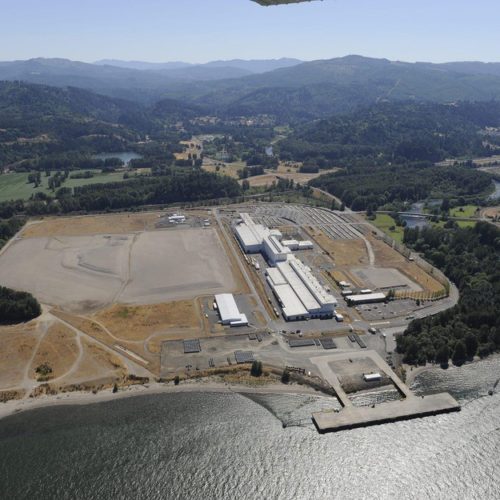
Washington State Regulators Deny Key Permit To Kalama Methanol Refinery
The Washington Department of Ecology defended its denial by saying the refinery, which would convert fracked natural gas into methanol to be shipped to Asia, would emit vast amounts of greenhouse gases. If built, it would be among the top 10 greenhouse gas emitters in the state.
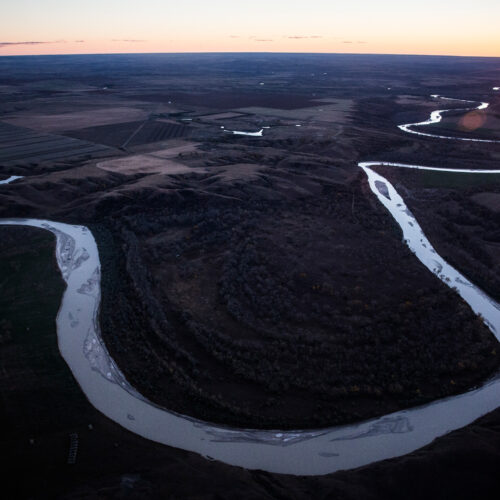
Order From President Biden Blocks Keystone XL Pipeline
As part of his ambitious plan to address climate change, President Biden is revoking a key, cross-border presidential permit needed to finish the controversial Keystone XL pipeline
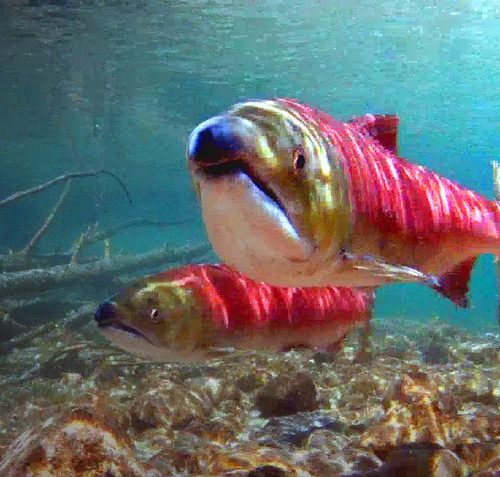
Report Lays Out Bleak Picture For Northwest Salmon ‘Teetering On The Brink Of Extinction’
Washington’s salmon are “teetering on the brink of extinction,” according to a new report. It says the state must change how it’s responding to climate change and the growing number of people in Washington.
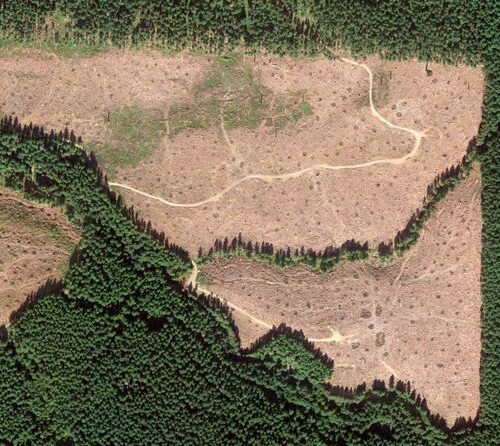
Timber Tax Cuts Cost Rural Northwest Towns Billions. Polluted Water Drove Up The Price
In rainy Oregon, communities tap a network of streams and creeks to supply millions of residents with cold, clean water. The problem is that the land surrounding drinking water streams is, in many cases, owned not by the towns or the residents who drink the water, but by private timber companies that are now logging more intensively than ever, cutting trees on a more rapid cycle and spraying herbicides to kill other plants that compete with replanted seedlings for sunlight.
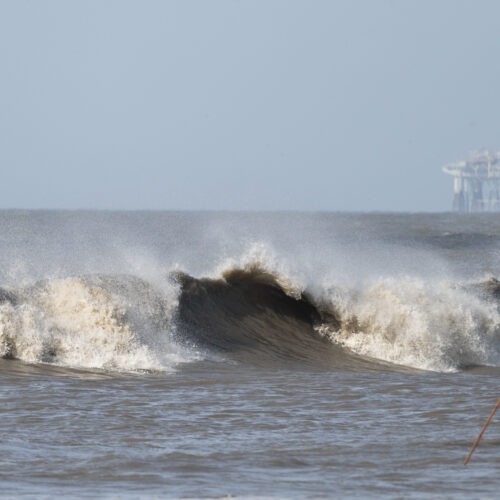
It Wasn’t Just The Pandemic: Oil’s Terrible, No Good, Very Bad Year
Set aside the pandemic. Ignore the collapse in demand. Forget about the time oil prices went negative. Look at everything else that happened this year, and — Well. Oil still had a pretty terrible year.
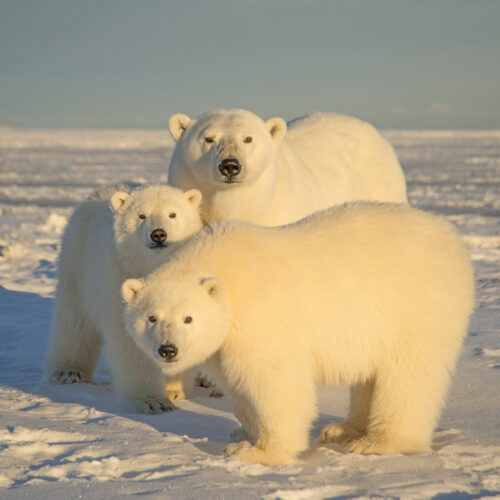
After Decades-Long Push, It’s Not Clear Who Will Bid In Arctic Refuge Oil Lease Sale
Just two weeks before President-elect Joe Biden takes office, the Trump administration is trying to lock-in oil and gas drilling in Alaska’s Arctic National Wildlife Refuge with a hastily scheduled and controversial lease sale. But despite the high stakes, uncertainty looms over how much oil is actually trapped under the million acres of tundra up for leasing, and how much industry interest there is to go find it.
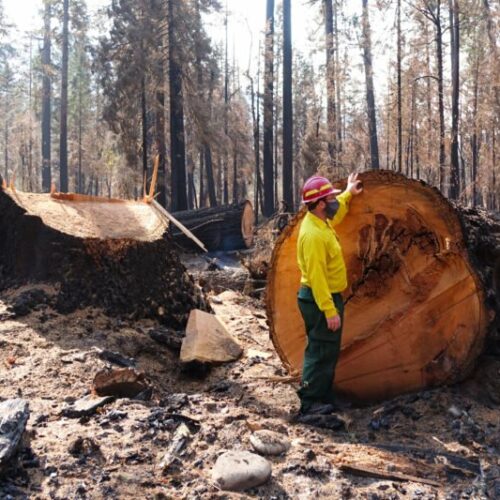
Despite What The Logging Industry Says, Cutting Down Trees Isn’t Stopping Catastrophic Wildfires
In the decades since government restrictions reduced logging on federal lands, the timber industry has promoted the idea that private lands are less prone to wildfires, saying that forests thick with trees fuel bigger, more destructive blazes. But an analysis by OPB and ProPublica shows last month’s fires burned as intensely on private forests with large-scale logging operations as they did, on average, on federal lands that cut fewer trees.
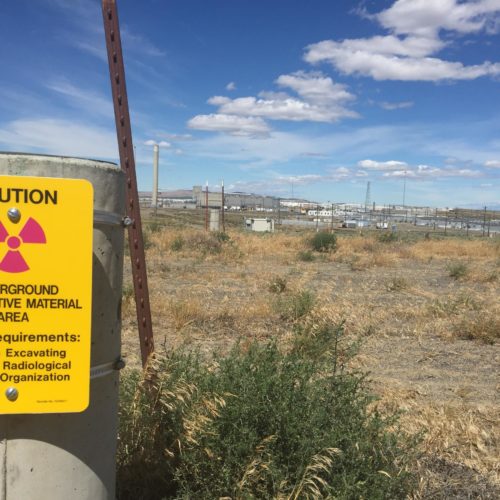
Aging Tanks, Aging Watchdogs: Lots To Work On For Washington’s New Waste Program Manager
David Bowen has owned his own bar in Cle Elum, been a Kittitas County commissioner and managed groundwater nitrate cleanup in the Yakima Valley. Now, he’ll hold the U.S. Department of Energy accountable for its cleanup at the site using the Tri-Party Agreement. That’s a 1989 document struck between Ecology, the federal Department of Energy and the U.S. Environmental Protection Agency.
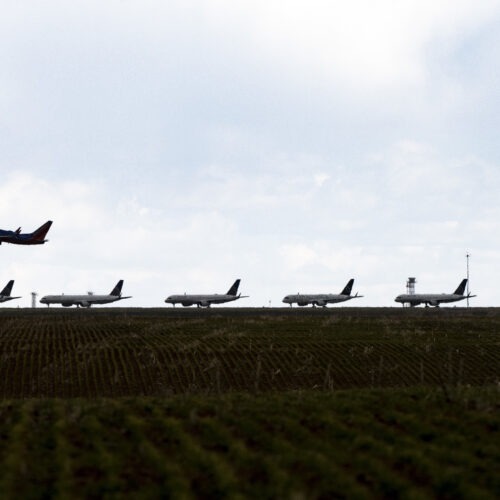
U.S. Implementing 1st-Ever Airplane Emission Rules; Critics Say They’re Ineffective
The U.S. is regulating greenhouse gas emissions from commercial aircraft for the first time. But critics are saying the rules will be ineffective. The Environmental Protection Agency said Monday the rules are being finalized after first being made public in July.
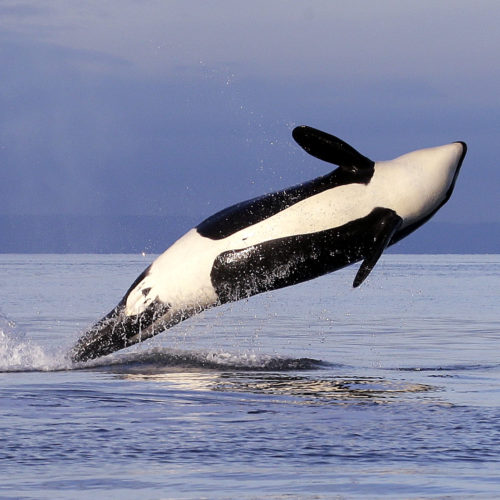
New Washington Whale-Watching Boat Rules To Help Struggling Orcas Take Effect In 2021
According to the rules approved by the commission last week, from July through September, commercial whale watching companies can view endangered Southern Resident orcas during two, two-hour periods daily, The Skagit Valley Herald reported.
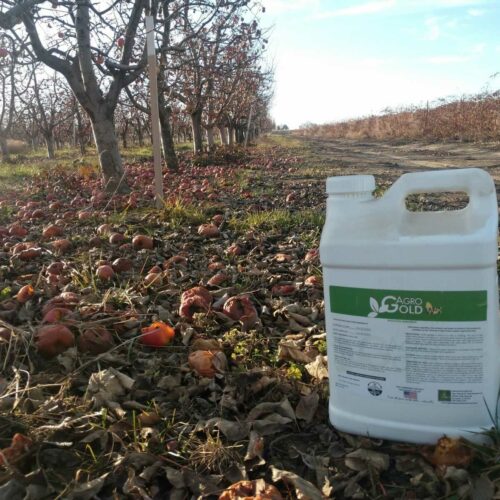
Popular Organic Farm Product ‘Agro Gold WS’ Banned In WA, OR, CA, Under Investigation In Idaho
“No legitimate organic grower would ever use Glyphosate or Diquat” says one farmer of a product that WA, OR and CA have said farmers should stop using. The company that makes “Agro Gold WS” says they’ll appeal.
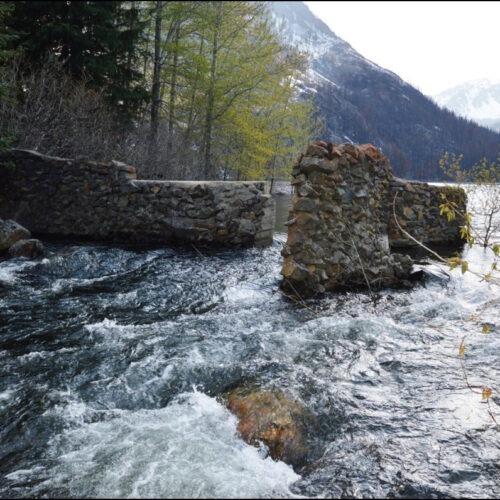
Don’t ‘Lose Yourself’ Or Miss Your ‘One Shot’ To Comment On Review Of Washington’s Eightmile Dam
Fans of rapper Eminem, whose movie “8 Mile” featured his hit song “Lose Yourself” might note, as the song’s lyrics do, “You only get one shot, do not miss your chance to blow. This opportunity comes once in a lifetime.” Now, the public has an opportunity to comment on the environmental review of the aging Eightmile Dam in central Washington’s Alpine Lakes Wilderness.

